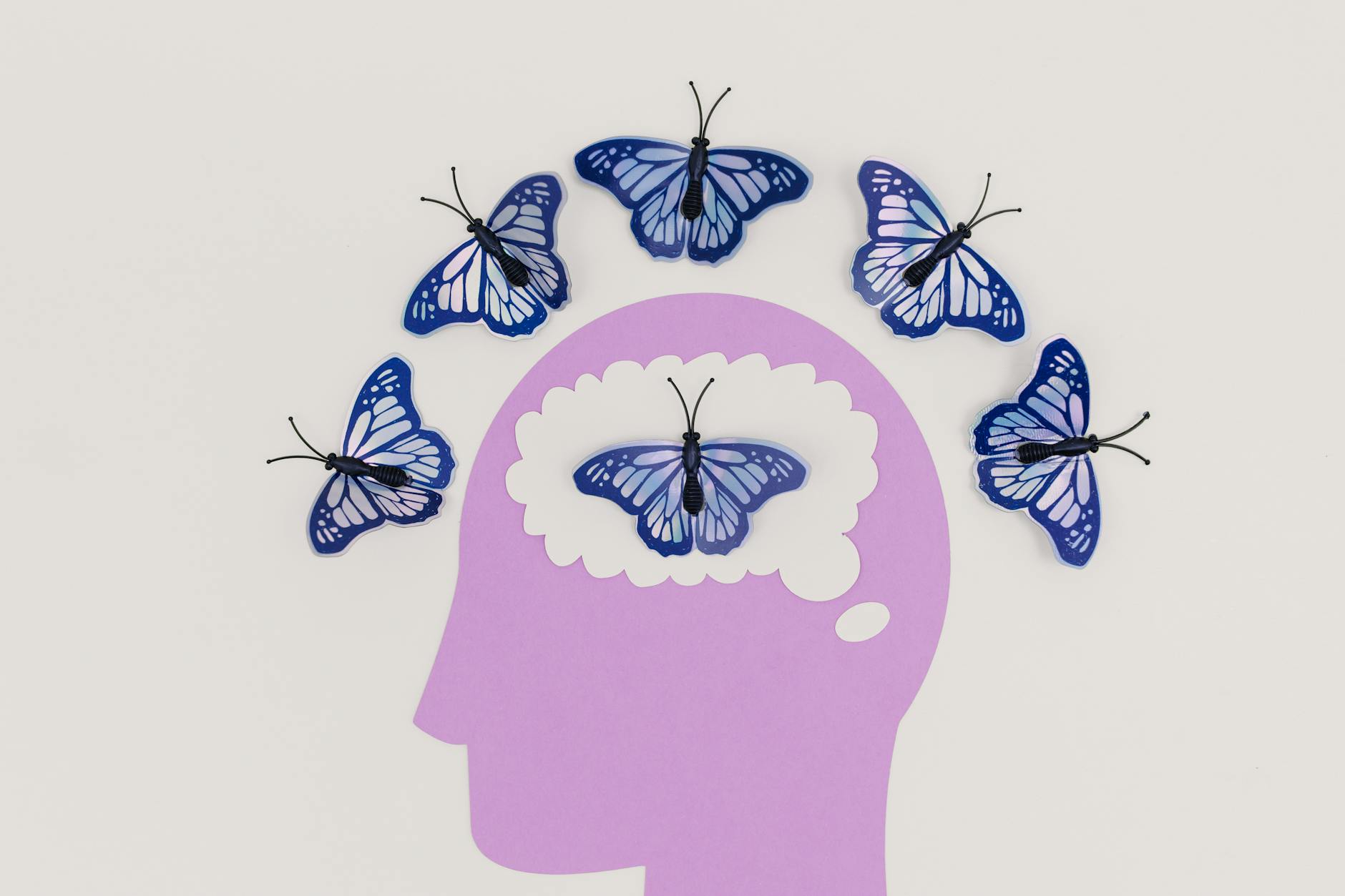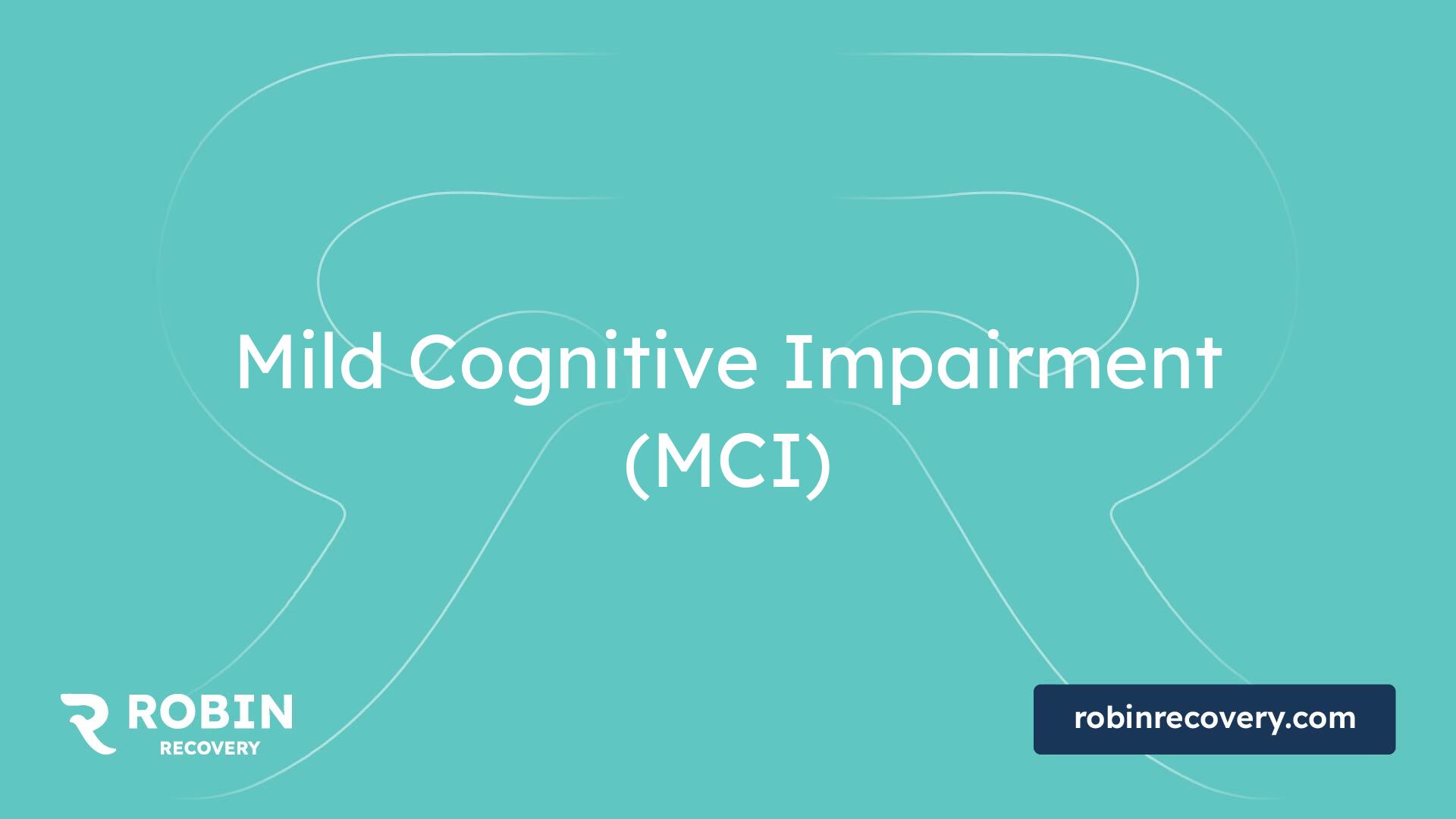An Insight into What Are Cognitive Disorders

Understanding Cognitive Disorders

Definition of Cognitive Disorders
Cognitive disorders are mental health conditions characterized by impaired cognitive abilities and daily functioning. These disorders involve disturbances in thinking or memory that signify a significant change from the individual's previous levels of cognitive function. Cognitive disorders may impair an individual's ability to make decisions, solve problems, concentrate, and remember information.
Some common forms of cognitive disorders include Alzheimer's disease, dementia, and mild cognitive impairment (MCI). Each of these disorders affects cognitive functions in various ways, leading to challenges in everyday life.
Causes of Cognitive Disorders
The causes of cognitive disorders are diverse and can be attributed to a combination of factors. Various conditions may contribute to cognitive deficits, including:
Causes of Cognitive DisordersExamplesNeurological DisordersAlzheimer's disease, Parkinson's disease, brain tumorsMental Health IssuesDepression, schizophrenia, ADHDSubstance UseAlcohol use disorder, drug addictionPhysical ConditionsStroke, vitamin deficiencies, chronic diseases
Early causes of cognitive deficits can include genetic syndromes, malnutrition, brain injuries, trauma, and environmental stressors such as child abuse. Understanding these causes is crucial for proper diagnosis and treatment.
For more insights on the implications of cognitive disorders, readers can explore various topics related to mental health, such as the connection between alcohol and depression and the impact of holistic pain management.
Mild Cognitive Impairment (MCI)

Mild Cognitive Impairment (MCI) serves as a transitional stage between normal cognitive aging and more serious neurocognitive disorders like dementia. Those affected may show early signs of cognitive decline.
Characteristics of MCI
MCI is characterized by a slight decline in mental abilities, particularly in areas such as memory and the completion of complex tasks. While these changes are noticeable when compared to others of the same age, they may not interfere significantly with daily activities. Individuals with MCI may frequently forget important conversations or information necessary for their daily routines, such as appointments [4].
Some common characteristics include:
CharacteristicDescriptionMemory LossFrequent forgetting of conversations and appointmentsAttentionDifficulty focusing on tasks or conversationsLanguage ProblemsTrouble finding the right words or articulating thoughtsJudgment IssuesReduced ability to make decisions or solve problems
It’s worth noting that while MCI can involve noticeable changes in thinking abilities, these changes are not severe enough to disrupt everyday life.
Difference Between MCI and Dementia
The distinction between MCI and dementia lies primarily in the severity of cognitive decline and its impact on daily living. While individuals with MCI may experience cognitive changes, these do not interfere with their ability to carry out daily tasks. In contrast, dementia significantly affects daily living and includes more marked cognitive decline along with changes in personality and behavior.
Key differences include:
FeatureMild Cognitive Impairment (MCI)DementiaDaily FunctioningGenerally preservedImpairedMemory LossMild and noticeableSignificant and severePersonality ChangesRarely observedCommonly present
Approximately 15% of individuals diagnosed with MCI who are over 65 years old will develop dementia within two years of diagnosis. However, a significant proportion, between 14% to 38%, may return to normal cognitive levels. Understanding these distinctions is crucial for early intervention and management of cognitive disorders.
Diagnosis and Treatment
Understanding the diagnosis and treatment of cognitive disorders is essential in managing the condition effectively. This section outlines the diagnostic process and available treatment options for these disorders.
Diagnostic Process for Cognitive Disorders
Diagnosing cognitive disorders involves a comprehensive approach. Medical professionals conduct clinical assessments, review mental and physical health histories, and may use a variety of tests and imaging techniques.
Diagnostic MethodDescriptionClinical AssessmentsDetailed evaluations of cognitive function through interviews and questionnaires.Health History ReviewAssessment of personal and family medical history to identify risk factors.Imaging TechniquesMRI or CT scans may be used to visualize brain structure and rule out other physical causes.Biomarker TestsChecking for specific biomarkers related to conditions like Alzheimer's disease.
Various tests, such as those focusing on biomarkers related to Alzheimer's disease and brain imaging techniques, help provide a clearer picture of a patient's condition. Effective diagnosis is crucial in creating a targeted treatment plan.
Treatment Options for Cognitive Disorders
While there is currently no cure for cognitive disorders, several treatment options are available to manage symptoms and enhance quality of life. This multifaceted approach may include:
Treatment TypeDescriptionTherapyCognitive behavioral therapy or other therapeutic modalities to address symptoms.MedicationsFDA-approved medications can help in managing conditions and slowing cognitive decline.Occupational TherapyPrograms designed to help individuals manage daily activities and improve functionality.Self-Care PracticesTechniques like exercise, nutrition, and social activities to promote well-being.
Researchers are actively studying treatments for mild cognitive impairment (MCI) and exploring the potential of medications used for Alzheimer's disease. Individuals diagnosed with cognitive disorders may also consider participating in clinical trials to access new treatments and therapies [3].
Neurocognitive Disorders
Neurocognitive disorders refer to a range of conditions that significantly impair cognitive functions such as memory, thinking, and reasoning. These disorders can affect an individual's ability to carry out daily activities effectively. This section will explore the different types of neurocognitive disorders as well as highlight some common cognitive disorders.
Types of Neurocognitive Disorders
Neurocognitive disorders are categorized into several types, each with distinct characteristics and causes. The primary categories include:
Type of Neurocognitive DisorderDescriptionDeliriumA state of confusion that can occur suddenly, often due to a medical condition or substance use.Mild Neurocognitive DisorderA noticeable decline in cognitive function that does not significantly interfere with daily activities.Major Neurocognitive DisorderSevere impairments that restrict daily functioning; often includes Alzheimer's and Lewy body dementia.Neurocognitive Disorders Due to IllnessDisorders resulting from conditions such as HIV, Huntington's disease, and other ailments.Traumatic Brain InjuryCognitive impairment due to head trauma, which can disrupt normal brain function.
Individuals with major neurocognitive disorders often require constant support due to their significant functional impairments.
Common Cognitive Disorders
Several cognitive disorders are commonly recognized within the broader category of neurocognitive disorders. Some of these include:
Common Cognitive DisorderDescriptionAlzheimer's DiseaseOne of the most prevalent cognitive disorders, affecting around 24 million people worldwide.Lewy Body DementiaCharacterized by cognitive fluctuations and physical symptoms similar to Parkinson's disease.Vascular DementiaResults from reduced blood flow to the brain, often following a stroke.Frontotemporal DementiaAffects the frontal and temporal lobes of the brain and is often marked by personality changes and behavioral issues.Huntington's DiseaseA genetic disorder that leads to the progressive breakdown of nerve cells in the brain, causing cognitive decline and movement problems.AmnesiaMemory loss that can occur due to injury, disease, or psychological trauma.DeliriumA temporary and severe form of confusion that can arise from various medical conditions or substance use.
Cognitive disorders manifest in various ways, significantly hindering an individual's daily life. Understanding these disorders and their impacts can help inform treatment options and management strategies.
Complications and Progression
Understanding the complications and progression of cognitive disorders is crucial for identifying and addressing them effectively. Cognitive disorders can lead to significant challenges in daily living and may progress to more severe conditions.
Complications of Cognitive Disorders
Cognitive disorders are mental health issues characterized by impaired cognitive abilities, which can disrupt daily functioning. They can result from various causes, including physical conditions, drug use, withdrawal, or other factors affecting brain function. Symptoms might include disturbances in memory, thinking, and other cognitive functions that considerably deviate from the individual's previous level of functioning.
Some common complications include:
ComplicationDescriptionDifficulty with Daily ActivitiesIndividuals may struggle with tasks that were once manageable, impacting their independence.Emotional DisturbancesAnxiety, depression, and frustration can arise due to cognitive decline.Behavioral ChangesChanges in behavior, such as agitation or withdrawal, can impact social interactions.Increased Risk of AccidentsImpaired judgment and memory can lead to a higher risk of accidents or injuries.
Conditions such as stroke, delirium, dementia, and chronic substance abuse can contribute to these cognitive deficits.
Progression from MCI to Dementia
Mild cognitive impairment (MCI) represents an intermediate stage between normal cognitive aging and more serious conditions like dementia. While Individuals with MCI may exhibit noticeable cognitive changes—such as difficulties with memory and judgment—these do not significantly disrupt their daily life at work or home.
It is crucial to monitor MCI as it may progress to more severe cognitive disorders:
StageDescriptionNormal AgingMild cognitive changes are typical and generally do not affect daily life.Mild Cognitive ImpairmentNoticeable declines in cognitive abilities, but impacts on daily living are minimal.DementiaMore severe cognitive impairments that interfere with daily activities and quality of life.
Studies suggest that individuals with MCI show similar brain changes associated with Alzheimer's disease and other dementias, albeit at a reduced level. Monitoring and early intervention are essential to manage the progression from MCI to dementia effectively.
Understanding these complications and the potential progression of cognitive disorders helps in providing necessary support and care for those affected, ensuring better outcomes and enhanced quality of life.
Research and Clinical Studies
In understanding cognitive disorders, ongoing research and clinical studies play a critical role in developing effective treatment options and management strategies.
Research on Cognitive Disorders
Current research on cognitive disorders focuses on improving the understanding and management of conditions such as mild cognitive impairment (MCI). Studies are conducted to explore treatments that improve symptoms or delay the progression to more severe disorders like dementia. Researchers are hopeful that medications used for Alzheimer's disease might also be beneficial for managing MCI, leading to clinical trials aimed at testing these possibilities.
The American Academy of Neurology estimates that certain populations may experience mild cognitive impairment, though specific prevalence figures vary. These studies are crucial for identifying at-risk groups and understanding the impact of MCI in different demographics [4].
Clinical Trials and Advancements in Treatment
Clinical trials are an important avenue for advancing treatment options for cognitive disorders. Organizations like Mount Sinai Health System provide access to clinical trials that explore new therapies for patients with cognitive disorders through collaborations with research centers such as the Alzheimer's Disease Research Center.
For individuals diagnosed with mild cognitive impairment, some FDA-approved medications may slow the decline in cognitive abilities. However, these treatments come with potential side effects that require careful monitoring. The ongoing research aims to refine these medications and discover new interventions that can improve quality of life for those affected by cognitive disorders.
Research FocusDescriptionUnderstanding MCIStudies aim to clarify symptoms and improve management strategies for MCI.Alzheimer’s MedicationsExploration of existing Alzheimer’s medications for treating MCI.Clinical TrialsOpportunities for patients to participate in studies for new treatments.Population StudiesIdentifying the presence and impact of MCI in different demographics.
The advancements in research and clinical studies provide hope for better understanding and managing cognitive disorders, benefiting individuals and families affected by these conditions. For more insights on this topic, consider exploring what are cognitive disorders?.
References
[2]:
[3]:
[4]:
[5]:
[6]:
[7]:
